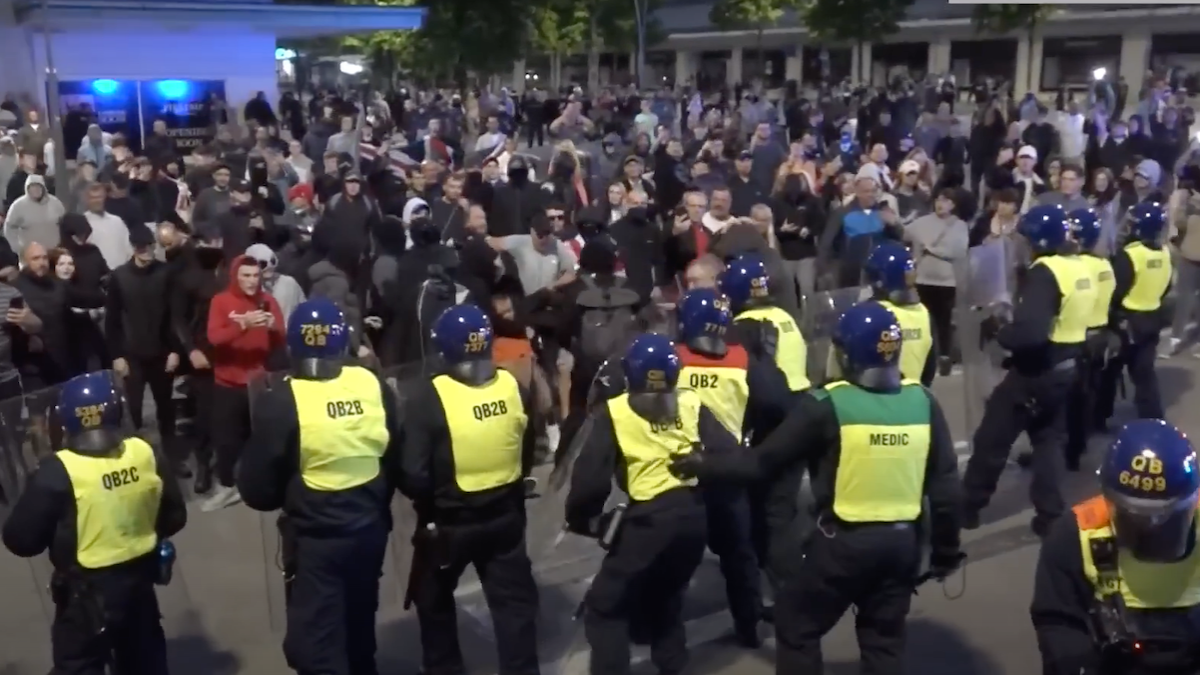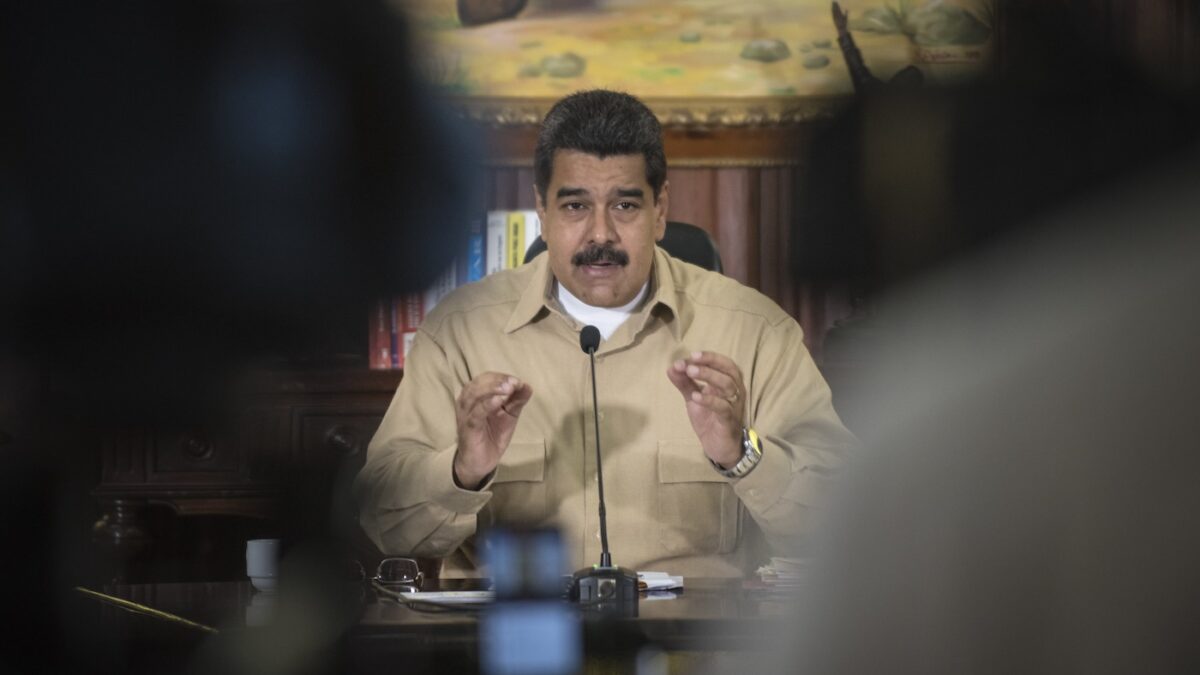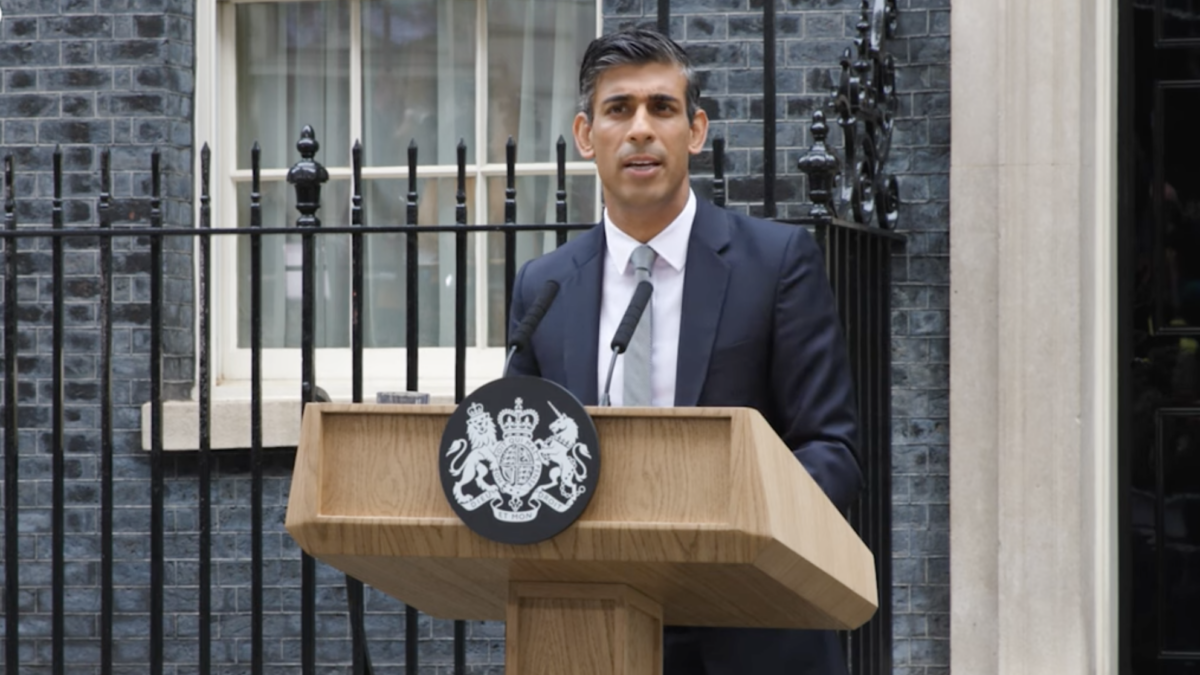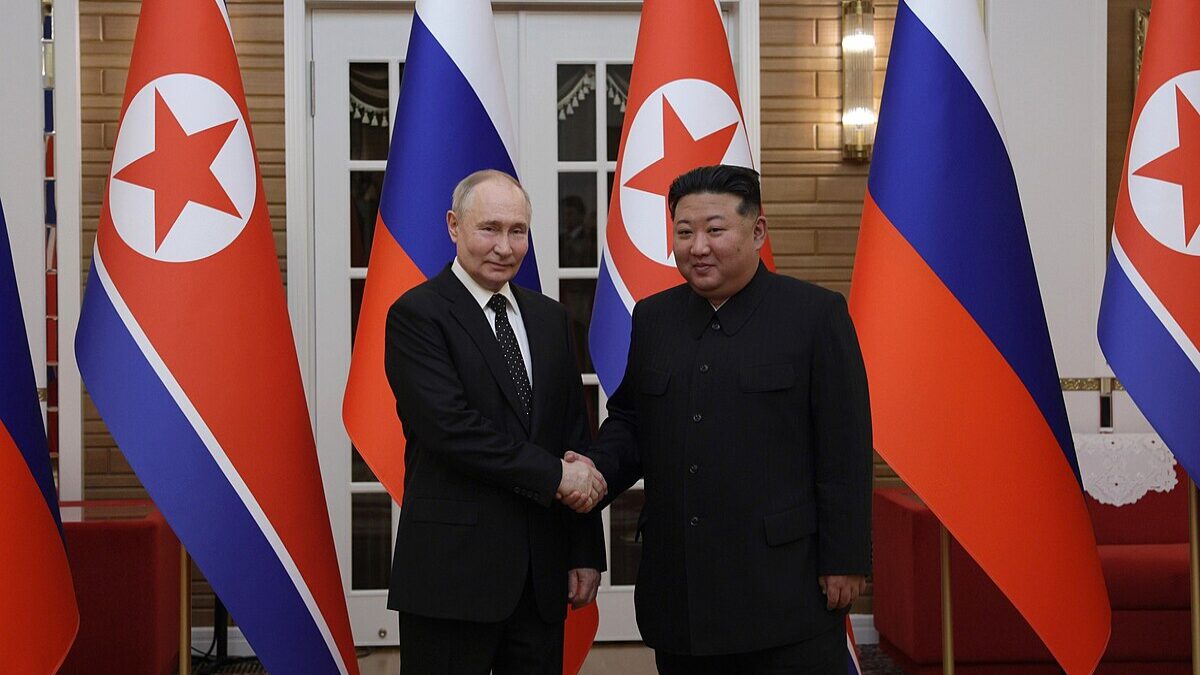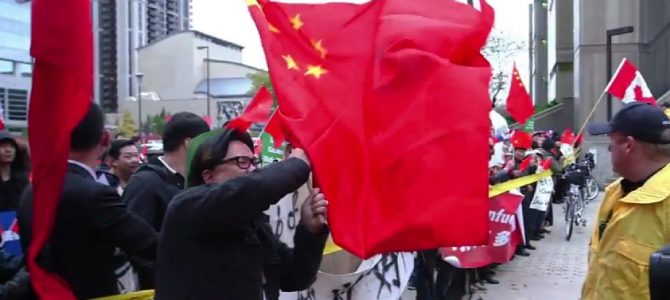
China is ushering in another life-long dictator, for the first time since the death of communist China’s founder, Chairman Mao. China’s current constitution states that the president and vice-president “shall serve no more than two consecutive terms.” But China’s Communist Party has announced a proposal to scrap the constitutional term limits of the president and vice-president, which in turn paves the way for China’s current president Xi Jinping to stay on indefinitely.
In addition to giving Xi’s dictatorship legal cover, the Chinese Community Party also offers Xi’s ambition an ideological cover by proposing to add Xi Jinping Thought on Socialism with Chinese Characteristics for a New Era — into the constitution. The upcoming Chinese parliamentary meeting, the National People’s Congress annual gathering on March 5th, is expected to rubber stamp these proposals with no dissent.
No one should be surprised by this announcement
The old constitutional term limit was instilled in 1982 by China’s last paramount leader Deng Xiaoping, who fought alongside Mao during the revolution and suffered persecutions under Mao’s destructive “Cultural Revolution” movement. Deng came to power after Mao’s death and was determined to prevent another strong man from becoming China’s sole ruler in the future.
So Deng came up with a new succession plan. Each generation of new party leader/head of state usually occupied the top of the power structure for two terms, a total of 10 years. At the end of his first term, he would elevate the next leader and his key team members (appointed by previous leaders) into the standing committee of Politburo and the Politburo at large during the party congress. So the future leader and his team would have a five-year on-the-job training, while the current leader is completing his second 5-year term. This method not only ensured a peaceful transition of power, but also ensured not a single leader would become too powerful.
In the next several decades, Deng’s plan worked well. Deng passed his power to Jiang Zemin and nominated Hu Jintao as Jiang’s successor. After 10 years, Jiang passed the power to Hu Jintao after he nominated Xi as Hu’s successor. At the end of Hu’s first five-year term, Hu elevated Xi Jinping to the Standing Committee of Politburo in 2007 as the heir apparent. Xi spent the next five years by Hu’s side, until it was his turn to assume power as the general Communist party secretary and the president of China in 2013.
Based on this succession plan, at the 19th China’s Communist Party Congress in 2017, Xi should have elevated the next leader appointed by Hu Jintao and worked side by side with China’s future leader for the next five years, which should also be Xi’s last term. But at the conclusion of the meeting, Xi never named a potential successor. Observers inside and outside China speculated that Xi intended to break from the established succession norm and planned to stay in power as long as he wishes. The weekend announcement of removing the President’s term limit confirmed such speculation was true.
Xi is using his new powers to rewrite the rules as he sees fit
Since he became China’s president in 2013, Xi has been aggressively consolidating power into his own hands by dismantling the power structures laid down by his predecessors. He used an anti-graft campaign to aggressively purge political opponents, while he himself became the chairman of everything. In addition to his title as the head of state and the general party secretary, he led numerous committees and leadership groups, including the newly formed National Security Commission.
In 2016, the Chinese Communist Party elevated Xi to the “core” leader, which puts Xi at the same political status as Mao and Deng. The “core” title signified that Xi broke away from the collective leadership model instilled by Deng and indicated that Xi has become the most powerful leader since Deng Xiaoping.
On the military front, Xi, a firm believer of Mao’s saying that “power comes from gun barrels,” cemented his unyielding control of the Chinese military by replacing key posts with generals he trusts. On the domestic policy front, under Xi, the Chinese government uses big data, security cameras and facial recognition technology to put its population under massive, constant surveillance. Xi also imposed wide ranging restrictions over human rights and civil discourse. Chinese dissidents who have foreign passports were not spared. Kenneth Roth, the director of Human Rights Watch concluded that “China’s crackdown on human rights activists is the most severe since the Tiananmen Square democracy movement 25 years ago.”
But it’s on the foreign policy front that Xi greatly departed from his predecessors. Xi abandoned the long held guideline passed down from Deng to “Hide our capabilities and bide our time.” Instead, Xi took every opportunity and every strategic opening to assert China’s military and economic power. Under Xi, China already established its first overseas military base and has been aggressively building islands in the East and South China Seas. Recent intelligence photos show that China has installed sophisticated communication and intelligence gathering equipment that enables the Chinese military to take fast action against any nations who may attempt to make territorial claims in these areas.
Xi’s other major foreign policy initiative is the “One Belt and One Road (OBOR)” initiative. It consists of building infrastructure projects along two physical routes: a Eurasian land route linking China and Europe, and a maritime trade route linking Chinese ports with Europe and Africa. These routes will cover over 65 countries from East to West.
The one country who will benefit the most from this initiative is China. From an economic perspective, such massive infrastructure investments will provide a big market and consistent demand for China’s exports, especially those running into over-capacity issues such as steel and cement. Many countries along the “Belt and Road” routes are resource-rich. They could provide a steady supply of raw material and energy to support China’s long term economic growth.
From a security perspective, the OBOR initiative will give China access to strategically important locations while providing additional security protection. There’s no question that through the OBOR initiative, China hopes to leverage its newly gained financial power to greatly expand its geopolitical influence as well as its economic and military footing from Asia to Europe and Africa. Ultimately, the OBOR initiative is China’s signature soft power move to remake the world order so that China replaces the U.S. as the world’s sole superpower.
Xi’s power grab poses huge risks for China and the globe
Not surprisingly, the announcement effectively making Xi a life-time dictator received overwhelmingly positive responses inside China. Many praised the move as providing China with the kind of stability that is lacking in western democracies. The seeming chaos in Western democracies, such as with Britain’s unexpected decision to leave the European Union, the rise of an extreme right and left, and the uncertainty that comes with it made many in China uncomfortable. Many nationalists in China, including Xi himself, also believe that the chaos in the west opens up a strategic opportunity for China’s return to its historical place — the sole dominating world power. And they believe Xi is the right person to deliver it.
But the stability Xi sold to Chinese people is only temporary and it comes with great potential risks. Like all dictators, Xi has surrounded himself with “yes” men. Xi may sooner or later commit a catastrophic mistake that no one dares to correct. Chinese people should never forget that with China’s last dictator, Chairman Mao’s ruinous economic policies and brutal political purges went unchallenged, millions of Chinese people perished and China was on the brink of a total economic meltdown.
“History doesn’t repeat itself but it often rhymes.” Xi is not the all-knowing superman he bills himself. A policy mistake by Xi can have disastrous consequence, given China’s massive size.
No matter how powerful Xi is, there’s at least one rule he has no chance to rewrite — the rule of nature. Xi is 64-years-old. He will get older, become feeble and eventually be replaced by someone who’s younger, probably more ambitious and power hungry. By making himself a life-time dictator, he is laying the groundwork for a battle over who will succeed him. The “Game of Thrones” China edition is likely to be bloody, as China’s thousands of years of history offers plenty of tales of brutal power struggles after a mighty emperor passed away. Sometimes such power struggles have led to years of civil wars, enormous economic destruction and the loss of countless lives.
China has the world’s second largest economy, one of the largest and most advanced military, and is one of the eight countries who have nuclear weapons. Any domestic conflict and uncertainty will not only be catastrophic for China, but also in its ripple effects around the world. China now officially has a dictator for life, and the rest of world, especially Western democracies, are grossly under-prepared.


